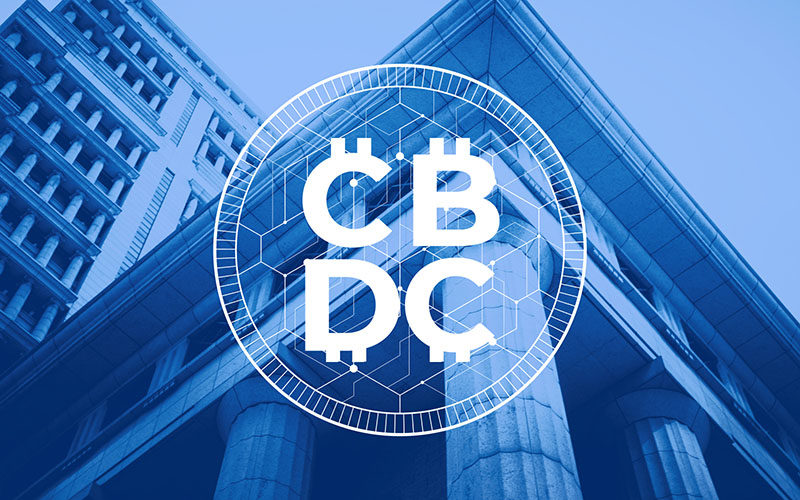
In February 2022, the Central Bank of Kenya (CBK) issued a Discussion Paper on Central Bank Digital Currency and sought views from the public on the potential applicability of a Central Bank Digital Currency (CBDC) in Kenya. The objective was to inform policy decisions and public acceptance regarding the innovation.CBK has now compiled the comments and announces the issuance of Discussion Paper on Central Bank Digital Currency: Comments from the Public.
The paper summarizes the views that were received on the applicability of a CBDC in Kenya, in addition to providing an update on key CBDC developments since February 2022.An Annex in the paper also summarizes recent developments on crypto assets.The Discussion Paper elicited over 100 responses from a diverse range of individuals, public institutions, commercial banks,Payment Service Providers (PSPs), technology providers, academia, the legal fraternity, and international development partners.The responses were from across 9 countries: Kenya, South Africa,United States of America,United Kingdom, the Netherlands, Germany, Switzerland, Sweden, and Japan.

Respondents highlighted the following as the main potential benefits of CBDC: increased efficiency, transparency, and lower costs. Conversely, respondents identified the following key risks: disintermediation of banks, high implementation costs, technology and cyber risks, and financial exclusion. Respondents also highlighted the need to consider Kenya’s highly developed digital payments ecosystem and the high level of financial inclusion.Further, while a CBDC may be useful for cross-border transactions, its risks should be carefully considered.
The understanding of CBDC issues is deepening with the ongoing work internationally.For instance, the Bank for International Settlements (BIS), the International Monetary Fund (IMF), and other central banks continue to do research and/or implement CBDC projects. Nevertheless, on the global stage, the allure of CBDCs is fading. Further, central banks that were first to roll out CBDCs have recently faced challenges that have hampered implementation. Additionally, recent instability in the global crypto assets market has amplified concerns and the need for a careful review of the innovation and technology risks.
Against this backdrop, implementation of a CBDC in Kenya may not be a compelling priority in the short to medium term.Significantly, Kenya’s pain points in payments could potentially continue to be addressed by other innovative solutions around the existing ecosystem. This would be consistent with CBK’s vision for a payments system that is secure, fast, efficient, accessible to and works for Kenyans. Nevertheless, CBK will continue to monitor developments in CBDCs to inform future assessments of the need for CBDC in Kenya.
 Major global central banks have deferred the decision on the adoption of CBDCs.This measured approach is consistent with the approach that CBK is taking.CBK has also been collaborating with other central banks that have developed proof of concepts for CBDCs, to benefit from their experience. Additionally, CBK is working with central banks who have implemented CBDCs to understand if the expected benefits have been realized.
Major global central banks have deferred the decision on the adoption of CBDCs.This measured approach is consistent with the approach that CBK is taking.CBK has also been collaborating with other central banks that have developed proof of concepts for CBDCs, to benefit from their experience. Additionally, CBK is working with central banks who have implemented CBDCs to understand if the expected benefits have been realized.











